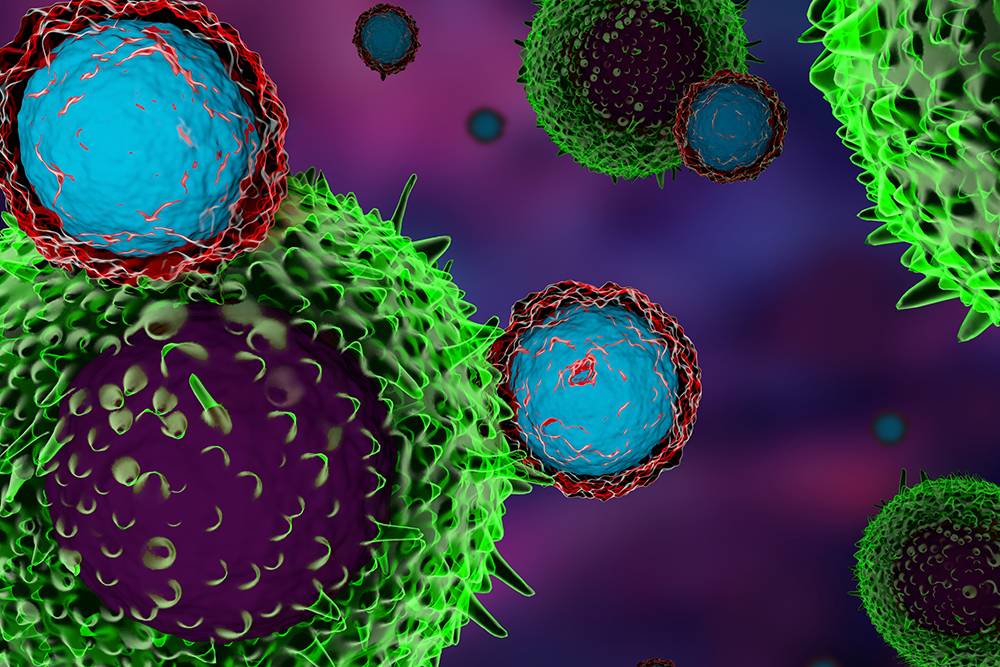Beijing: COVID-19 patients have significantly low counts of a cell type that plays a crucial role in immune response, with lower numbers of these cells indicating the severity of the disease, according to a study whose findings may lead to the development of new therapeutics against the disease.
The study, published in the journal ‘Frontiers in Immunology’, assessed COVID-19 patients in China, and found that an adverse immune response triggered in the body may affect disease severity by lowering the counts of ‘T’ cells. It is a type of white blood cells that play important roles in the immune system.
According to the scientists, including those from the Army Medical University in China, COVID-19 patients had a high concentration of ‘cytokines’, a protein that normally helps fight off infection.
They said an increased concentration of these molecules can trigger an excessive inflammatory response known as a ‘cytokine storm’, which causes the proteins to attack healthy cells.
Coronavirus, the study said, does not attack ‘T’ cells directly, but rather triggers the ‘cytokine’ release, which then drives the depletion and exhaustion of T cells.
The findings, according to the researchers, offer clues on how to target treatment for COVID-19.
“We should pay more attention to T cell counts and their function, rather than respiratory function of patients,” said study co-author Yongwen Chen of Third Military Medical University in China. He added that ‘more urgent, early intervention may be required in patients with low T lymphocyte counts’.
Chen and his team also noticed that many of the patients they treated for COVID-19 had abnormally low numbers of lymphocytes, a type of white blood cell that includes ‘T’ cells.
“Considering T cells’ central role of response against viral infections, especially in the early stage when antibodies are not boosted yet, we took the T cells as our focal point,” said Chen.
In the study, the scientists examined 522 patients with coronavirus along with 40 healthy controls. They said all the patients studied were admitted to two hospitals in Wuhan, China between December 2019 and January 2020, and were between five days and 97 years old.
Of the 499 patients who had their lymphocytes recorded, the study noted that 76 per cent had significantly low total ‘T’ cell counts. It said ICU patients had significantly lower ‘T’ cell counts compared with non-ICU cases, and patients over the age of 60 had the lowest number of ‘T’ cells.
According to Chen and his team, the T cells that did survive were exhausted and could not function at full capacity. This exhaustion also has implications for COVID-19 patient outcomes, and may leave patients more vulnerable to secondary infection, they added.
The scientists believe future research should focus on finding finer sub-populations of ‘T’ cells in order to discover their vulnerability and effect in disease, along with identifying drugs that recover ‘T’ cell numbers and boost function.
They said the existing drug ‘Tocilizumab’ may be effective, but added that it needs to be investigated in the context of coronavirus.
Agencies
